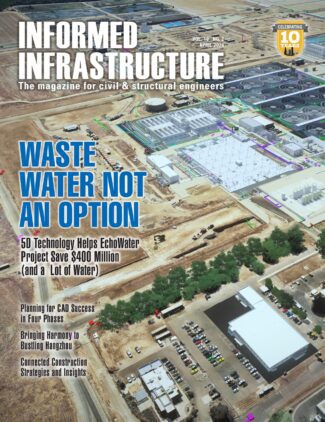Saunderton, Bucks: October 27, 2015 ” MapAction is deploying volunteers to the United Nations High Commissioner for Refugees (UNHCR) offices in Athens, Belgrade and Geneva to support the coordination of the refugee crisis in the Mediterranean. Alongside this, MapAction will be working with The Assessment Capacities Project (ACAPS) looking at the potential evolution of the situation and analysis of the crisis over the next few months.
Europe is experiencing a movement of people on a scale not seen since the Second World War. The reasons for this are complex; the scale of the situation is deeply concerning. According to recent figures from UNHCR[1], more than 600,000 people have arrived in Europe by sea during 2015 alone. Tragically this year more than 3,000 are estimated to have died or gone missing while attempting to make this crossing.
As winter approaches, sea crossings are becoming ever more precarious and onward movement is even more challenging for already vulnerable people. Reports have highlighted that reception facilities are often overstretched, leading to new arrivals having to sleep rough in deteriorating weather conditions.
MapAction's Operations Director, Emma Mumford, recently travelled to Greece, Serbia and Croatia to meet with humanitarian partners and understand first-hand some of the needs on the ground. Emma explains:
The first thing that struck me in Lesvos was the warm welcome from the local community, volunteer groups and international organisations to new arrivals who were coming in on a daily basis. Civil society groups have really mobilised to do what they can to help, including greeting refugees with information, transportation and supplies to support their onward journey. It was a humbling experience.
Most of the refugees I met were fleeing from escalating violence in Syria. They described how extreme threats at home made it preferable to take their chances on boats across from Turkey (those I saw were small black inflatable dinghies that were not fit for purpose). But even then, the journey ahead is still one fraught with uncertainty and confusion. With ever-increasing numbers of people arriving on islands like Lesvos, facilities are struggling to cope. Refugees then embark on a long and often difficult journey across Europe “ taking a variety of different routes “ all looking for safety and security for them and their families. Within this constantly changing context, responders typically do not know how many people they may need to support on a daily basis, and numbers are always one of the most fundamental considerations in planning any response.
A key challenge, therefore, is in understanding this mass movement of people, so that relief efforts can be coordinated and targeted effectively. This takes on a strong geographical dimension, which is of course where MapAction can play a vital role.
This is an unusual mission for MapAction. We typically only deploy to countries where technical mapping skills are in short supply and sudden onset disasters have overwhelmed existing capacity. Nevertheless it is clear that vulnerable people are suffering in this crisis and MapAction's humanitarian mapping service can play a role in alleviating this.
MapAction estimates that its response to the Mediterranean crisis will cost approximately £22,000. At time of writing, there is no external funding to support these costs. For parties or individuals interested in making a donation please click on the ˜donate' button on the website here.

